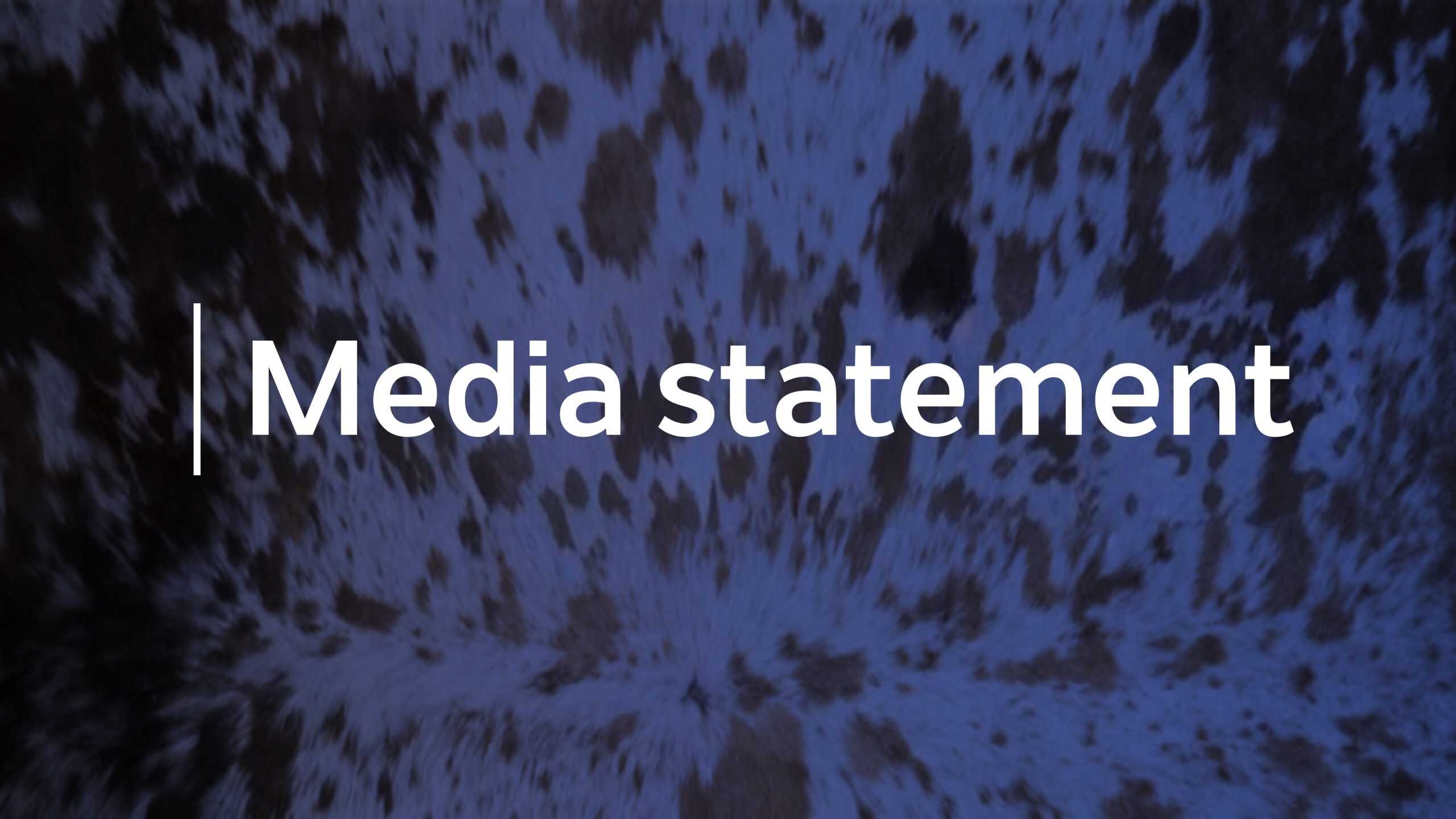Leaders from diverse cultural communities to collaborate on the National Dialogue and beyond
Leaders of diverse South African cultural communities have agreed to form a collaborative initiative that will allow them to engage meaningfully and in good faith and collaborate on issues of mutual and specific interest and concern. The initiative’s first objective is to compile an input document that reflects the core challenges facing cultural communities, as well as proposed solutions to these challenges. This input document will also be submitted to the National Dialogue.
The collaborative initiative aims to ensure a peaceful and prosperous future for all the children of the country’s cultural communities. Its work will extend beyond the National Dialogue. The formation of the initiative follows recent engagements by leaders on the possibility of collaborating on the National Dialogue. A working group has been established to compile the input document for approval by the leaders and to manage the process of formalising the collaborative initiative.
“The existence of cultural communities is a reality; South Africa does not consist of individuals and the state alone. Leaders and organisations that place tradition, heritage, language, cultural identity and cultural community at the centre of their understanding of and approach to society must also be granted recognition and a place alongside those who place the individual or the state at the centre of their ideological framework. For dialogue to be truly meaningful, citizens’ differing ideological frameworks must be recognised and included. It is essential that substantial room be created for the recognition of the diversity of cultural and other communities that form the bedrock of our society and that they should play a substantive role in determining their future and have a say in matters that affect them,” says Barend Uys, Co-Chairperson of the working group.
“Leaders of cultural communities are invited and encouraged to join this initiative and to share their perspectives on the core challenges facing cultural communities and possible solutions to address these challenges. These issues should be the focus of efforts to ensure a peaceful and prosperous future for communities in the country, and should therefore also be the focus of the National Dialogue process. This collaborative initiative is sending out a strong message that cultural communities and their leaders – whose voices are often not heard – are taking up the responsibility and initiative by engaging one another for the benefit and peaceful coexistence of current and future generations,” concludes Nkosi Langa Mavuso, Co-Chairperson of the working group.
Information about the work of the collaborative initiative, including input to the National Dialogue, will be made available at www.peoplesdialogue.org.za.
